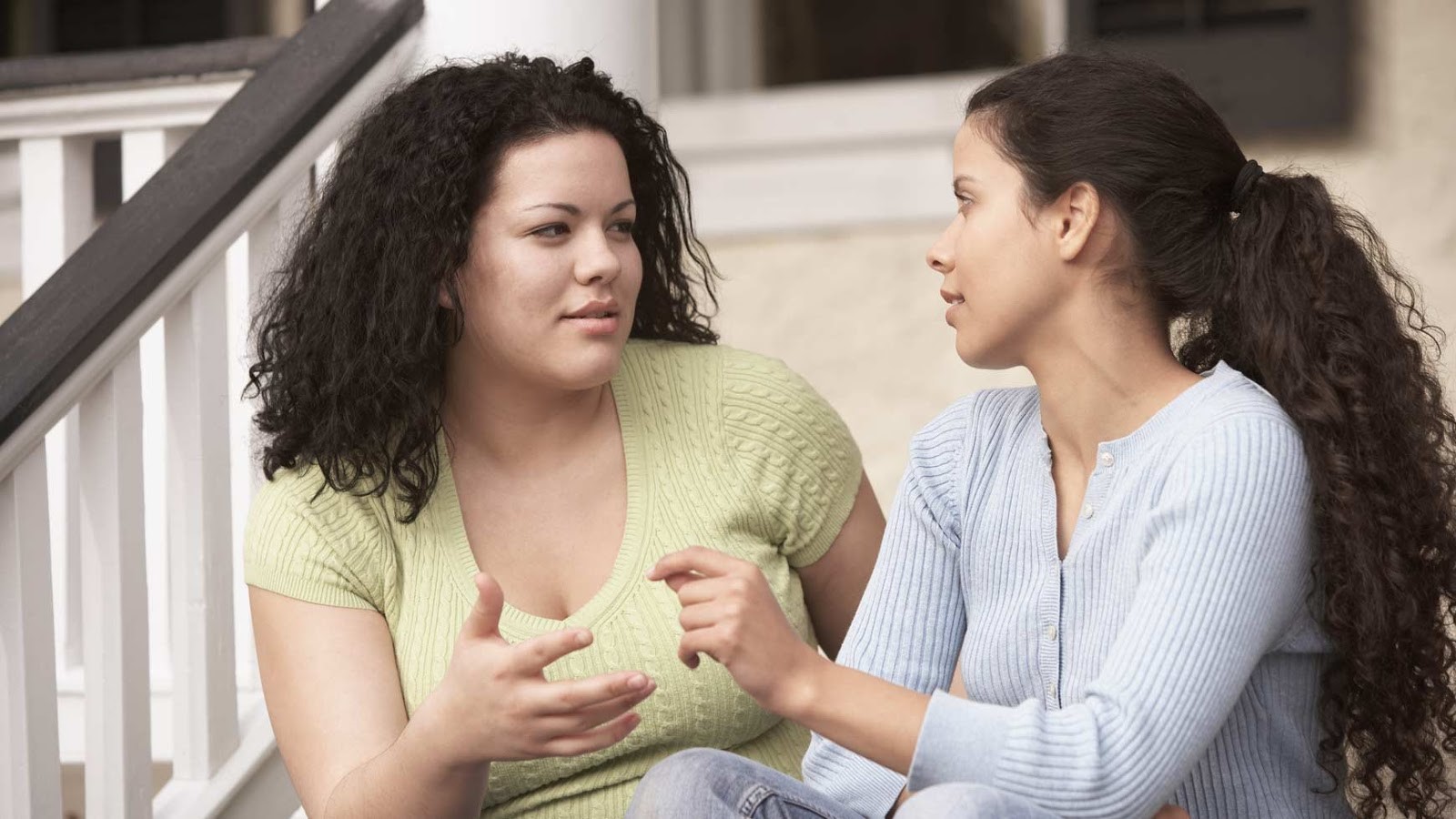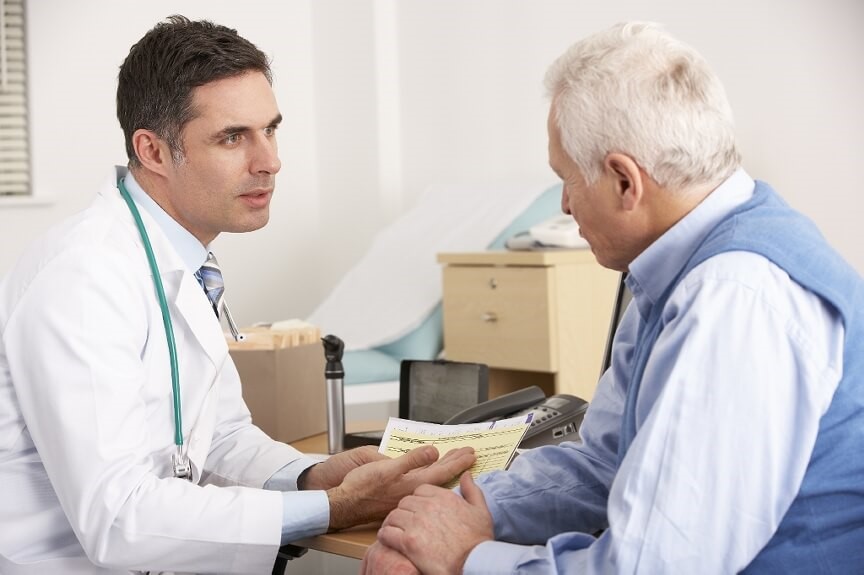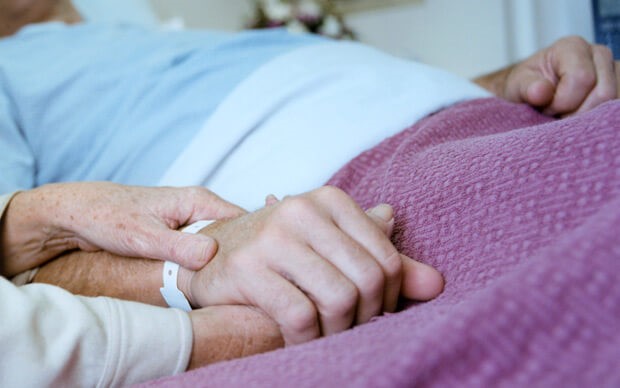Did you know…?
90% of people say that talking with their loved ones about end-of-life care is important. 27% have actually done so.
Source: The Conversation Project National Survey (2013)
60% of people say that making sure their family is not burdened by tough decisions is extremely important. 56% have not communicated their end-of life wishes.
Source: Survey of Californians by the California HealthCare Foundation (2012)
Researchers have found about 8% of African Americans, compared to 43% of whites, have an advance directive or will.
Source: 2014 NHPCO African-American Outreach Guide
80% of people say that if seriously ill, they would want to talk to their doctor about wishes for medical treatment toward the end of their life. 7% report having had this conversation with their doctor.
Source: Survey of Californians by the California HealthCare Foundation (2012)
And about half (52%) say they would ask their doctors to stop treatment if they had an incurable disease and were totally dependent on someone else for their care. But about a third of adults (35%) say they would tell their doctors to do everything possible to keep them alive – even in dire circumstances, such as having a disease with no hope of improvement and experiencing a great deal of pain
Source: Pew Research Center (2013)
We can change the culture of dying in America. Start the conversation about your wishes for end-of-life care with your loved ones today.







the hell of end if life could be avoided, we all know the answer but just need the tools..
This is sad. I live in Barbados where the culture is a now-oriented one. Because our advance directives are not even legally binding here and because I was ignored by the hospital doctors while he lay dying, I am trying to make some changes here.
I would probably tell me doctors to do everything possible to keep me alive if terminally ill, as long as I had the option to switch to palliative or hospice care at any time. Every moment of life is precious and can be a way to bless others by praying for them or encouraging them (perhaps over the Internet, even with a speech to text option if losing sight, or a speech synthesizer if unable to talk, for example).
If possible, I’d switch to experimental treatments or clinical trials, even Phase I trials even if they wouldn’t be likely to help me personally. If I were dying anyway, participating in a Phase I or Phase II clinical trial might help someone else someday. Why not do something positive for someone else in one’s last days instead of being selfish?